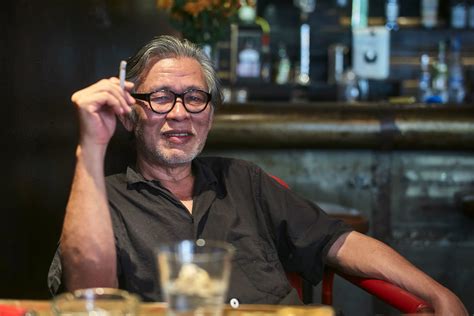A Quote by Martha McSally
If it were in our national security to deploy to South Africa under apartheid, would we have found it acceptable or customary to segregate African American soldiers from other American soldiers, and say, 'It's just a cultural thing'? I don't think so. I would hope not.
Related Quotes
We know that there were so many Japanese American soldiers in World War II who were fighting in Europe despite the fact that their families, their parents were back home in American prison camps. It's savagely ironic that between themselves and the African-American soldiers, who were also segregated and didn't see the fruition of the work the culminated in the Civil Rights Act until the '60s, that these American heroes and their stories are not well known; and the fact that the 442nd/100th became the most decorated unit in U.S. history.
In general, Iranians believe that all Palestinians have the right to return home and that there is no chosen people on this earth, whether Jewish, Muslim, Christian. Iran had the same policy towards apartheid South Africa and at the time when it was supporting and funding the ANC [African National Congress] among other groups in South Africa, these groups were also considered to be terrorist organizations by many western governments.
If Afghan soldiers continue to kill American soldiers as is happening these days, it can hardly be assumed that they will stay in Afghanistan in the long term. And what role are they to play? There will not be enough soldiers to ensure the security of the country. But will the US still be permitted to kill terrorists in Afghanistan and Pakistan with un-manned drones? That could worsen the situation in the neighboring states and they could view Afghanistan as a threat.
At some point my friends and I began to ask, how can a country that produced hippies and such cool people also fight a war and kill people and act cruelly? You would see American GMC trucks go by and soldiers reaching down to whack a girl riding a bicycle. They would yank at her hat and she would get thrown and she would die. You would see Americans do this and feel like they can do anything in our country. But then you'd take an English class with an American soldier from Ohio who seemed just as nice as anyone, yet he was a soldier too.

































